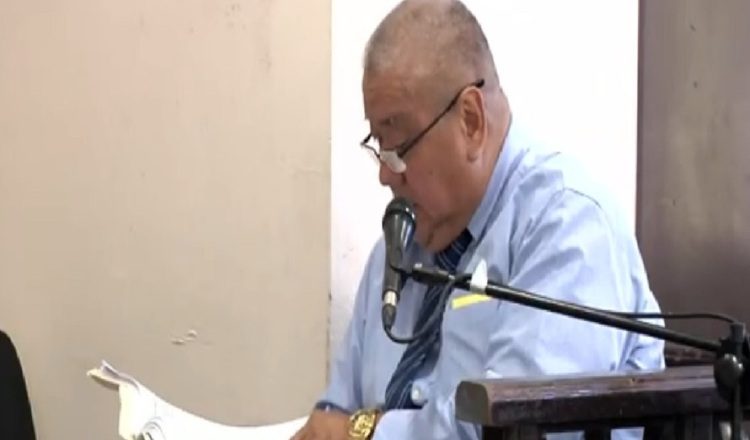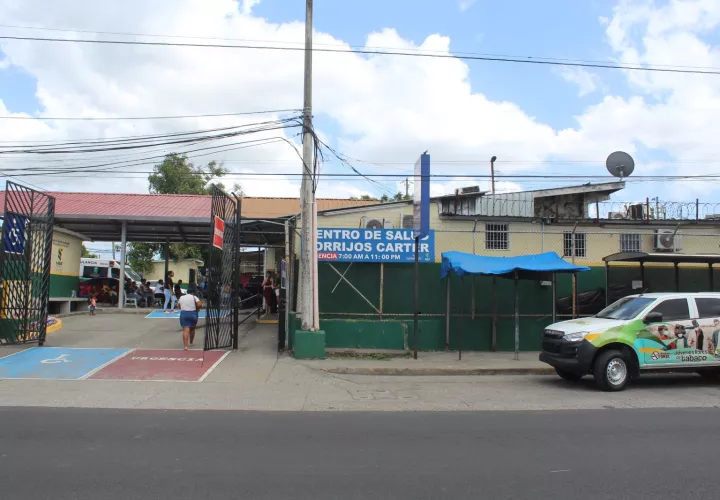Christmas is not always Merry and for some a time of pain

By Dr. Gaspar Aramis Da Costa Foster
Psychiatrist, Master of Public Health,
National Coordinator for Palliative Care
In this season, most of us prepare for various joyous celebrations. But not all.

For those prone to depression or depressive symptoms, or the lonely, it may be the worst time of year.
The frustration at not achieving the goals or dreams is exacerbated in the year-end holidays (Christmas, Hanukah and others) because they are collective, we cannot escape them.
The holiday season can be sad for those living alone or those who have lost loved ones. Employees of stores are under pressure with extended schedules. The stores are full of shoppers, the bustle of people and pushing increasing frustration. Some are forced at this time to share with relatives who they do not see often and who in some cases, would not like to see. The whole city boils with traffic jams, and theft and the sufferer feels he must be more alert and defensive.
The ideal holiday is shared with family but many come from broken homes. The memory of childhood is sometimes fraught with bitterness or longing for those warm Christmas past gatherings.
Depression and Year-end Holidays
It is important to distinguish between transient sadness and real depression. Depression is characterized by a lack of interest in social activities and isolation; lack of energy, fatigue, sleep disturbances, weight gain, craving for sweets, and various physical ailments. The mood is evidenced as really sad or depressed. Anxiety and irritability for more than two weeks is also observed.
Alcohol and Depression.
We have more access to alcohol at these holidays. This in the short-term causes excitement and helps the sufferer forget, but in the end it leads to the same place he fled: "depression" and can lead to individual risk, even suicide.
How to face these feelings
To address these feelings it is recommended:
Avoid Isolation: Join the party. This idea may be not very attractive at first, the mood improves when integrated into a more cheerful atmosphere. If you are concerned about being alone, at these parties, investigate what activities there are in your community, and try to integrate them according to your preferences. Participate only in those family events in which your absence will hurt loved ones.
Identify fears: evaluate whether these fears are unfounded.
Make gratitude lists: The positive things you have, like good health, the family company, the ability to work and friendships.
Change of environment: Memories, whether bad or good can cause pain and can be worse if you remain in the same place where it occurred, a walk or a short trip reduces anxiety in some individuals.
Helping others: the feeling of doing something useful for people less fortunate helps to raise self-esteem and to be involve in the activities of the day.
Don't drink too much: It does not help to solve the problem.
Seek lit spaces: some studies have shown that well-lit environments help fight depression and to dress in bright colors inspired vitality.
Exercise. It's good to exercise the body. Try walking or aerobics or engage in meditation. Try Listening to relaxing music, yoga or reading.
Resolve outstanding issues: the people most at risk of becoming depressed are those who have not resolved outstanding issues and old situations. One way to get better is dealing with these conflicts.
Express what you feel: It may be that even though you feel tired and sad look to those around you. Give them the opportunity to listen and help (ie therapeutic).
Seek professional help: See your doctor, a psychologist or a religious figure that can support you
HELPING THOSE WHO FEEL SAD AT THIS TIME
In this season that emphasizes sharing, look around at those at risk of becoming depressed and give them an invitation to share with you, Call them by phone or help them seek specialized care if needed.{jathumbnail off}





